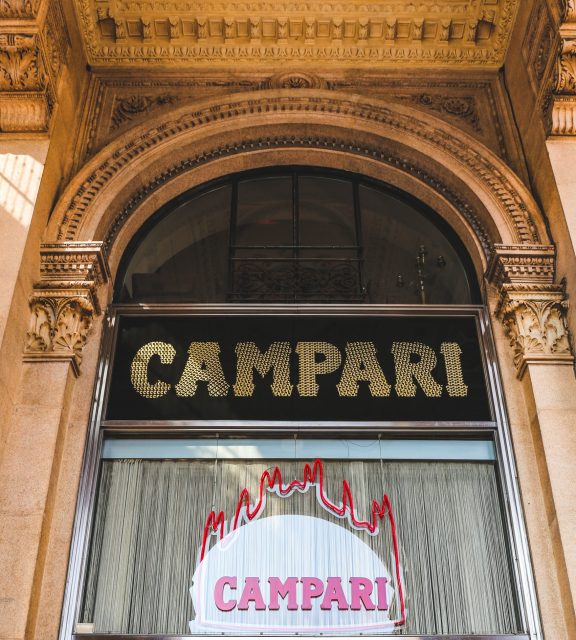This website uses cookies so that we can provide you with the best user experience possible. Cookie information is stored in your browser and performs functions such as recognising you when you return to our website and helping our team to understand which sections of the website you find most interesting and useful.
Will Campari CEO make one last move before retiring?
The announcement that Bob Kunze-Concewitz, CEO of Campari Group, will retire next April has prompted some to ask whether he will make one final chess move.

Will he land a final deal before stepping down or will the company take stock and bed in the CEO elect, Matteo Fantacchiotti, who has been running the Asia Pacific region for the Italian group, before hitting the takeover trail again?
In his 16 years as head of Campari. Kunze-Concewitz has transformed it from essentially the biggest player in Italian aperitifs to a significant presence on the beverage alcohol world stage.
Under his leadership the company’s net sales and profitability have more than tripled through both organic growth and acquisitions.
The flagship achievement is probably the purchase of Aperol in 2007, since when its net sales have risen 12-fold to become the group’s largest brand.
Campari Group’s international footprint has expanded from six to 25 in-market subsidiary companies which now deliver approximately 93% of its sales. As its volumes and global reach have increased, Kunze-Concewitz has expanded the company’s production from nine sites around the world to 23.
Since May 2007, Campari’s market capitalisation has increased more than six times to about €13.2 billion, and its annual total shareholder returns growth of 13% make it one of the most successful drinks investments over that period.
Final flourish
But undoubtedly the 56-year-old Austrian’s biggest contribution has been the string of 27 acquisitions since 2007 for an overall investment of €3 billion. And the speculation is that he might be poised for a final grand flourish.
The company has been laying the groundwork for further expansion.
It switched its stock market listing to Amsterdam, where the rules give more flexibility than Milan in raising capital. And by changing its voting structure, the controlling Garavoglia family sit on more than 80% of the votes and thus have virtual carte blanche over its actions.
Earlier this year Kunze-Concewitz said that he has approximately €20 billion worth of firepower in his back pocket for a possible acquisition or merger.
Previously he has indicated that he sees Campari’s next step as heading deeper into North America, the world’s largest and most profitable spirits market.
This summer, analysts at Deutsche Bank ran their slide rules over a hatful of potential targets that Kunze-Concewitz might consider but concluded that just three should be on his shortlist.
They were, Rémy Cointreau, Brown-Forman and William Grant. All are effectively family controlled and would thus need considerable convincing of the merits of any deal with Campari.
All three, however, have a very strong presence in the US and strong global portfolios through Rémy Martin Cognacs, Jack Daniels and Glenfiddich respectively. Rémy Cointreau is also the leading importer of spirits to China.
The announcement of Kunze-Concewitz’s retirement has prompted analysts to speculate that the prospects of a final deal before he steps aside have diminished purely because he will not be in the driving seat in six months’ time.
That might prove a disincentive to potential partners who may fret about continuity and dynamism.
But Kunze-Concewitz, who is retiring to develop his personal interests, has amply proved his negotiating skills over the past 16 years.
Nobody completely discounts the potential for him to exit with a final grand flourish.

